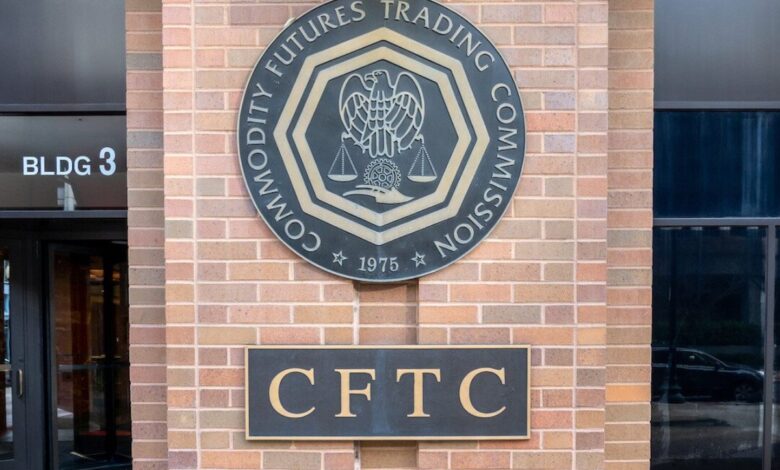In a bold testament to the escalating relevance of digital assets, nearly half of the Commodity Futures Trading Commission’s (CFTC) enforcement actions in the fiscal year 2023 targeted misconduct in digital asset commodities. The CFTC Chair, Rostin Behnam, emphasized the pressing need for broader congressional authority to tighten regulatory oversight in this burgeoning sector. Speaking at the Securities Industry and Financial Markets Association’s annual meeting on November 7, Behnam highlighted the endurance of the market and the urgent need to enhance transparency and surveillance to mitigate inherent risks.
The CFTC’s enforcement division filed 96 enforcement actions, securing over $4.3 billion in penalties, restitution, and disgorgement. Digital asset-related cases constituted more than 49% of these actions, signifying a sharp focus on the crypto market. Behnam noted that these cases often arose from public tips about fraud or manipulation, underscoring the market’s established presence and the necessity for proactive regulation.
Regulatory collaboration and challenges
Additionally, Rostin Behnam has called for a more decisive role for Congress in shaping the regulatory framework for cryptocurrencies. The CFTC chair highlighted ongoing collaboration with the Securities and Exchange Commission (SEC) yet acknowledged the unique challenges presented by digital assets. His comments indicated a significant gap in the regulatory Venn diagram where legislative direction is needed.
The ongoing debate about the classification of cryptocurrencies and the appropriate regulatory model persists, with legislative progress stalling after the FTX collapse. Despite previous legislative attempts, such as the bipartisan Digital Commodities Consumer Protection Act, consensus in Washington remains elusive.
Historic enforcement and the path ahead
The call for enhanced regulatory power comes in the wake of the CFTC’s announcement of a historic enforcement report. High-profile cases involving entities like FTX, Binance, and Celsius have brought the CFTC’s enforcement capabilities to the forefront. These cases represent not just a substantial portion of the CFTC’s workload but also a clarion call for the need for regulatory authority over the digital asset market.
Behnam has acknowledged the crypto market’s significant potential and growth, urging Congress to intervene and provide a structured regulatory approach. While impressive, the agency’s focus on enforcement underscores an alarming necessity for authority in an industry where the CFTC currently lacks comprehensive jurisdiction.
Moreover, the CFTC charged FTX and Alameda Research leaders with fraud in December, following the loss of over $8 billion in customer deposits. This event has catalyzed the discourse on digital asset regulation and the CFTC’s role in safeguarding market integrity.
As the CFTC chief calls for congressional action, the digital asset community awaits legislative clarity. The outcome of this legislative push could define the future of cryptocurrency regulation in the United States. Consequently, the crypto market finds itself at a critical juncture where the actions of regulators and legislators will significantly shape its trajectory.





